Projects & Research Partnerships

Evaluating Sheffield City Council's smoking cessation incentive scheme for priority groups
This project is evaluating Sheffield City Council's smoking cessation incentive scheme for priority groups, aiming to assess its effectiveness and inform future service improvements.

Supporting tobacco and vaping policymaking by including youth voices in local authority responses to new national legislation (STAR)
The STAR project aims to understand how local authorities can effectively incorporate youth voices in the development of policies related to the new national tobacco and vaping legislation.
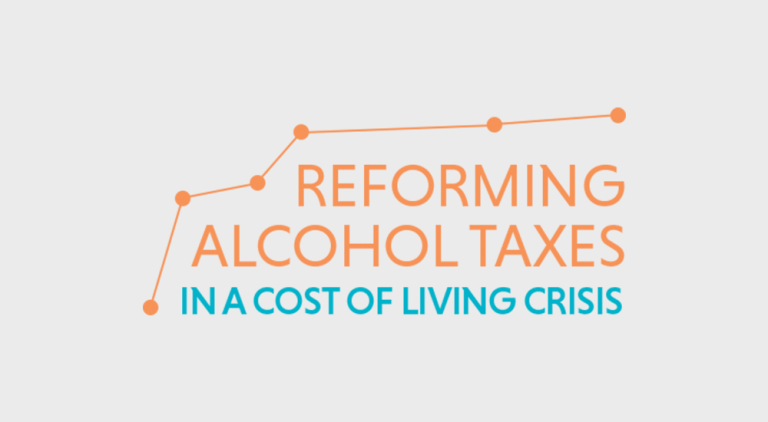
Reforming alcohol taxes in a cost-of-living crisis
Evaluating the impact of reforms to the UK alcohol tax system, increases to alcohol tax rates, and the current cost-of-living crisis on alcohol consumption, associated harms and health inequalities.

No/Lo Project
The No/Lo Project investigates whether non-alcoholic or low-alcohol drinks can improve people's health. These drinks are beers, ciders, wines, spirits that are alcohol-free or contain a little alcohol. We call them no/lo drinks.

Understanding and improving engagement and retention in NHS gambling treatment services
This project uses advanced data analysis techniques to understand and address the challenges of engaging individuals in NHS gambling treatment services.

Young people's consumption of no/low alcohol drinks in family settings
This project explores young people's consumption of no/low alcohol drinks in Great Britain, focusing on family settings. Using surveys and interviews, it will investigate adult perceptions, consumption trends, and the relationship between no/low and alcohol use among young people.

Understanding barriers to the use of alcohol-free and low-alcohol drinks to reduce alcohol consumption among individuals from lower socioeconomic backgrounds
This project aims to shed light on why alcohol-free and low-alcohol drinks may not be as accessible or appealing to those from disadvantaged communities.
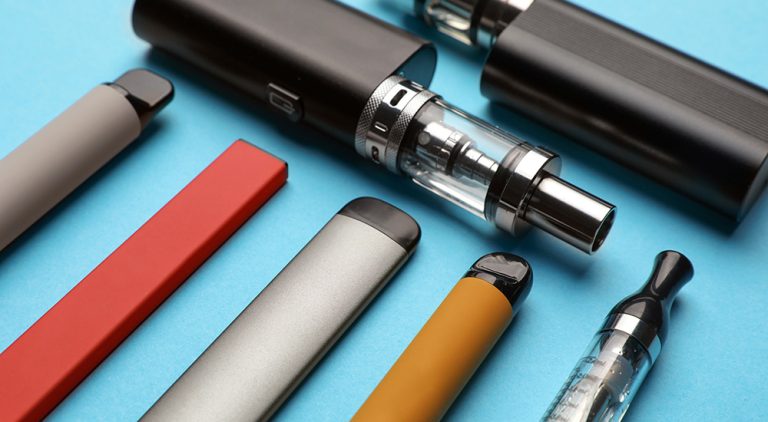
SPIRE
'Scoping of Policy Impacts for Regulating E-cigarettes (SPIRE): a data and decision analytic model mapping project' aims to learn what type of research about vapes would be most useful for policy making, what data already exists to go into this type of analysis and what new data are needed.
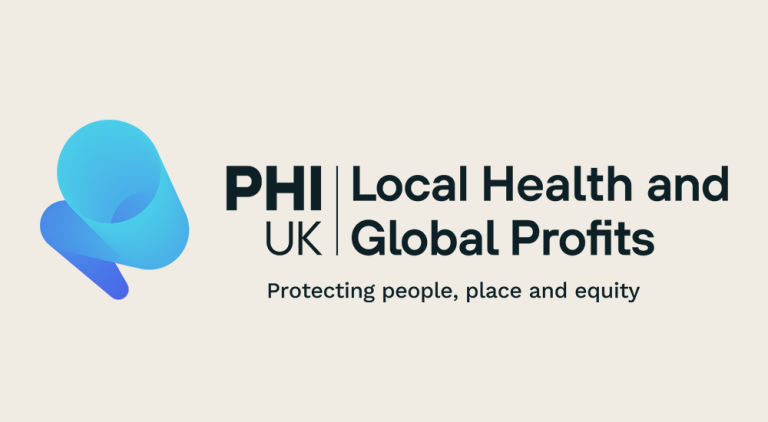
Local Health and Global Profits
Working alongside local governments, local populations, public health practitioners and civil society groups, the Local Health and Global Profits project aims to understand the building blocks, including commercial factors, impacting on communities' health.
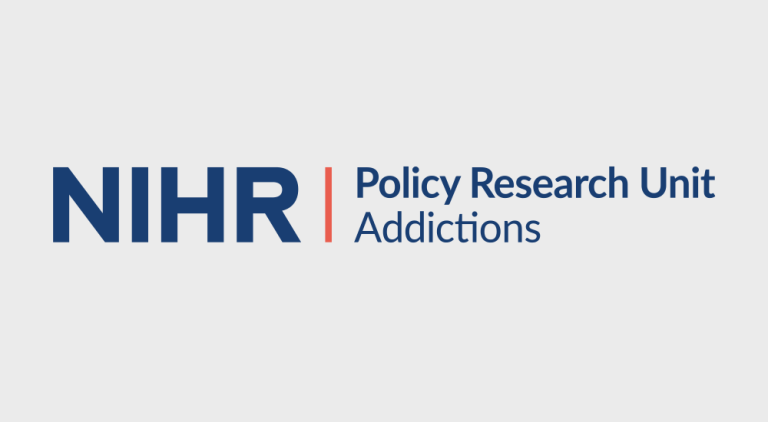
Policy Research Unit in Addictions
NIHR Policy Research Units (PRUs) undertake research to inform government and arms-length bodies making policy decisions about health and social care. The units create a critical mass of experts for research in priority areas for health and social care policy.
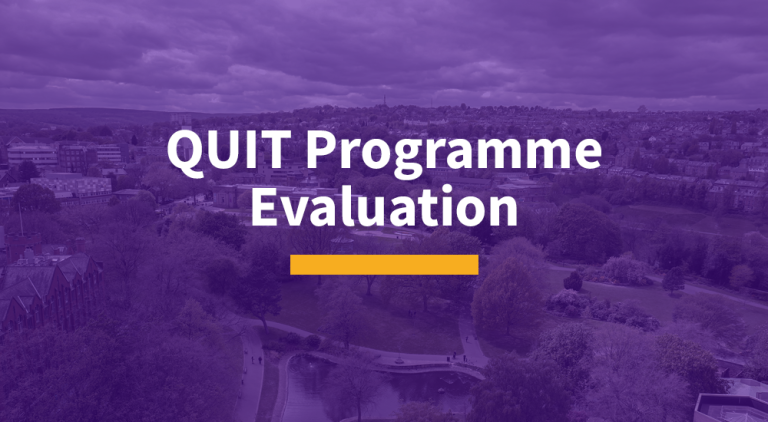
QUIT Programme Evaluation
Yorkshire Cancer Research commissioned the Sheffield Centre for Health and Related Research (SCHARR) at the University of Sheffield to carry out a comprehensive evaluation of hospital-based stop smoking services in the region, starting with the Quit programme.

STAPM
The Sheffield Tobacco and Alcohol Policy Modelling Platform (STAPM) research programme aims to identify and evaluate approaches to reducing the harms caused by tobacco and alcohol consumption. By providing policymakers with evidence-based insights, STAPM seeks to improve public health policymaking and commissioning.

Youth Drinking in Decline
The Youth Drinking In Decline (Y-DID) project aimed to provide the most detailed analysis to date of the nature and drivers of recent reductions in alcohol use among 11-24 year-olds in England.

SIMAH
The SIMAH project investigates the link between alcohol use and life expectancy, with a focus on socioeconomic status and race/ethnicity as modifying factors.

Targeting multiple levels of 'the smoking cessation system' using novel scientific approaches
This programme will develop and apply novel scientific approaches to increase the population rate of smoking cessation.
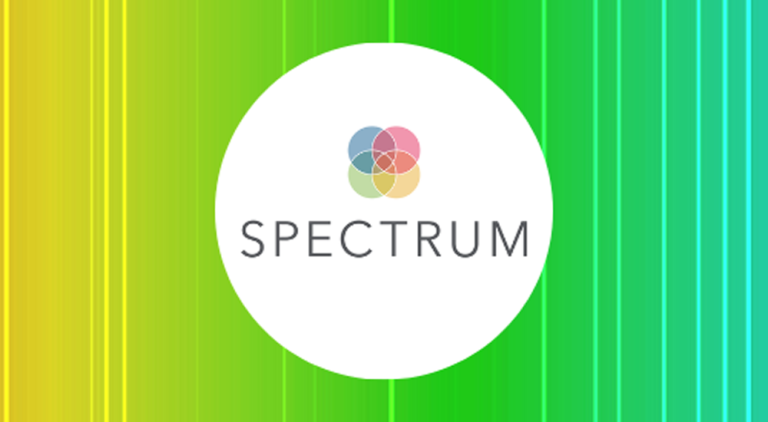
SPECTRUM
The SPECTRUM Consortium is a multi-university, multi-agency research consortium focused on the commercial determinants of health and health inequalities, funded by the UK Prevention Research Partnership.

Evaluation of the North Yorkshire County Council Living Well Smokefree Service
This mixed-methods evaluation explored the feasibility and acceptability of a hybrid smoking cessation service (one which offers remote, face-to-face and blended provision).

Smoke-Free University Initiative
The Smoke-Free University Initiative is supporting the co-development of a University of Sheffield smoke-free policy with university and community stakeholders

Reinforcer-specific value-based decision-making in persistence of and recovery from alcohol use disorder
This project investigates the cognitive and motivational processes underlying alcohol use disorder (AUD) using a computational approach. By analysing individual differences in value-based decision-making (VBDM), it aims to identify the specific mechanisms that contribute to the development and persistence of AUD.

SYNTAX
The SYNTAX project aimed to provide evidence and tools to inform the potential scale of effects of taxation across tobacco and alcohol as an intervention to improve public health and reduce health inequalities in the UK.

SPARC
The SPARC project sought to understand how and why British drinking culture changed between 2001 and 2016.

PhD research
Details of all PhD projects currently being undertaken by students within the Sheffield Addictions Research Group.

CASCADE
The CASCADE project aimed to develop new computer models of alcohol use which draw on existing theories for why people drink and sought novel combinations of these theories in order to better explain the changes in alcohol use we observe in society.

ExILEnS
This project examined the impact of public health stakeholders' engagement in alcohol premises licensing on alcohol-related harms in England and Scotland.
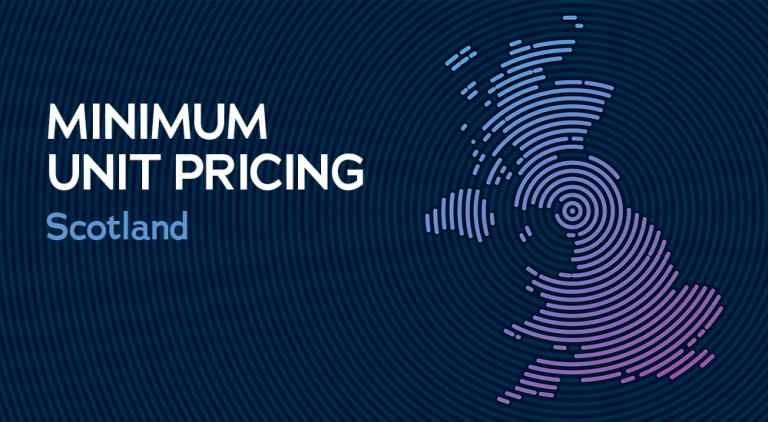
Evaluating the impact of minimum unit pricing in Scotland on harmful drinkers
This project evaluated the impact of Scotland's minimum unit pricing (MUP) policy on people drinking at harmful levels, including those with alcohol dependence.
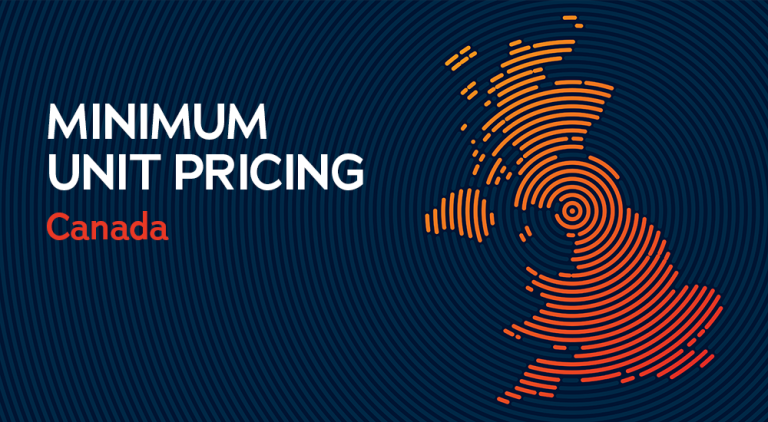
Does minimum pricing reduce the burden of disease and injury attributable to alcohol in Canada?
This research used the Sheffield Alcohol Policy Model to estimate the potential effects of minimum unit pricing (MUP) for alcohol on consumption, spending, and alcohol-related harm in Wales, including health, crime, and absenteeism.

Modelling the impact of minimum unit pricing for alcohol in Scotland
Since 2009 the Sheffield Addictions Research Group has undertaken a number of modelling projects for the Scottish Government to appraise the impact of minimum unit pricing (MUP) for alcohol.
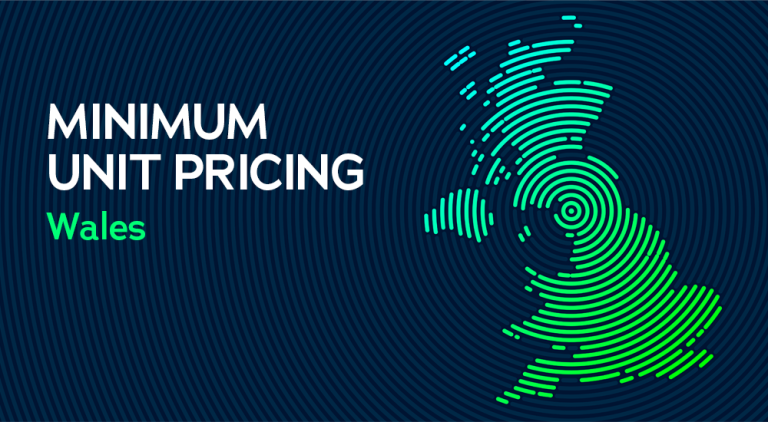
Modelling the impact of minimum unit pricing for alcohol in Wales
This research used the Sheffield Alcohol Policy Model to estimate the potential effects of minimum unit pricing (MUP) for alcohol on consumption, spending, and alcohol-related harm in Wales, including health, crime, and absenteeism.
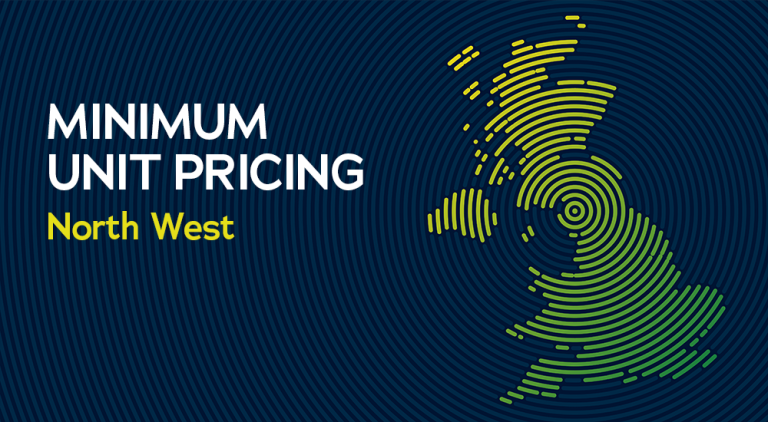
Appraising the effect of implementing local minimum unit pricing on alcohol consumption and health in the North West of England
This project aimed to provide evidence about what would happen if minimum unit pricing (MUP) for alcohol was introduced by local authorities in North West England.

SAPM
The Sheffield Alcohol Policy Model (also known as SAPM) provides estimates of the health and economic impacts of a broad range of alcohol policies as well as how these impacts vary across different groups in the population.

Digital interventions to reduce alcohol-related harm: a rapid horizon-scanning review
A rapid horizon scanning review of the published and grey literature on digital interventions to reduce alcohol-related harm covering the period January 2017 to April 2019.

The effectiveness of promotional campaigns associated with revised UK drinking guidelines: A prospective evaluation
This project evaluated whether promoting the revised 2016 drinking guidelines had any impact on the alcohol consumption of adults in England.

ALICE RAP
'Addictions and Lifestyles In Contemporary Europe – Reframing Addictions Project' (ALICE RAP) was a trans-disciplinary EU project which aimed to help policy makers "re-think and reshape" approaches to the huge human and economic costs of addictions and lifestyles in Europe.

Local alcohol treatment and recovery service commissioning practices and their perceived outcomes for service provision: An in-depth exploration
This project examined the experience of alcohol service commissioning processes at a local authority level in five diverse localities.

EDARA
The EDARA project evaluated alcohol treatment centres including the implications for service delivery, patient benefit and harm reduction.

A new approach to measuring drinking cultures in Britain
The project aimed to understand the UK's drinking culture by identifying and analysing specific drinking occasions and their role in broader social and cultural contexts.

ODHIN
Optimising Delivery of Healthcare Interventions (ODHIN) was an EU-wide project focusing on understanding how best to translate the results of clinical research into everyday primary health care.

Interdisciplinary Alcohol Policy Research Programme
The overarching aim for this ambitious programme of research was to lead a step-change in capabilities for robust scientific appraisal of new and existing alcohol policy interventions by substantially developing and updating the Sheffield Alcohol Policy Model.
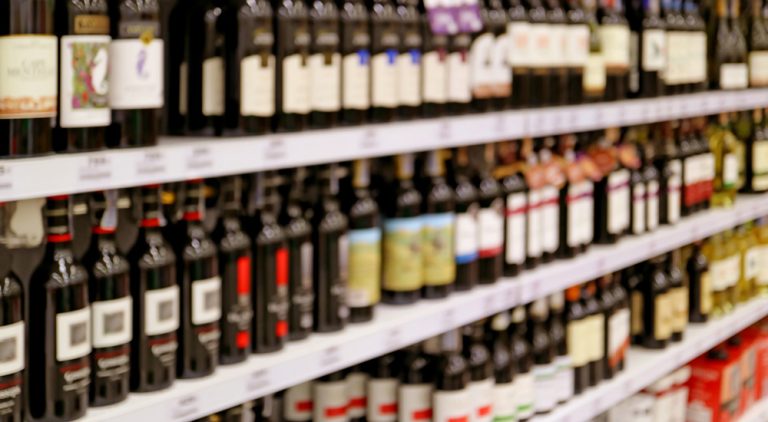
Independent Review of the Effects of Alcohol Pricing and Promotion
Reports commissioned by the Department of Health to investigate the effects of pricing and promotion on alcohol consumption and related harm in the UK.
